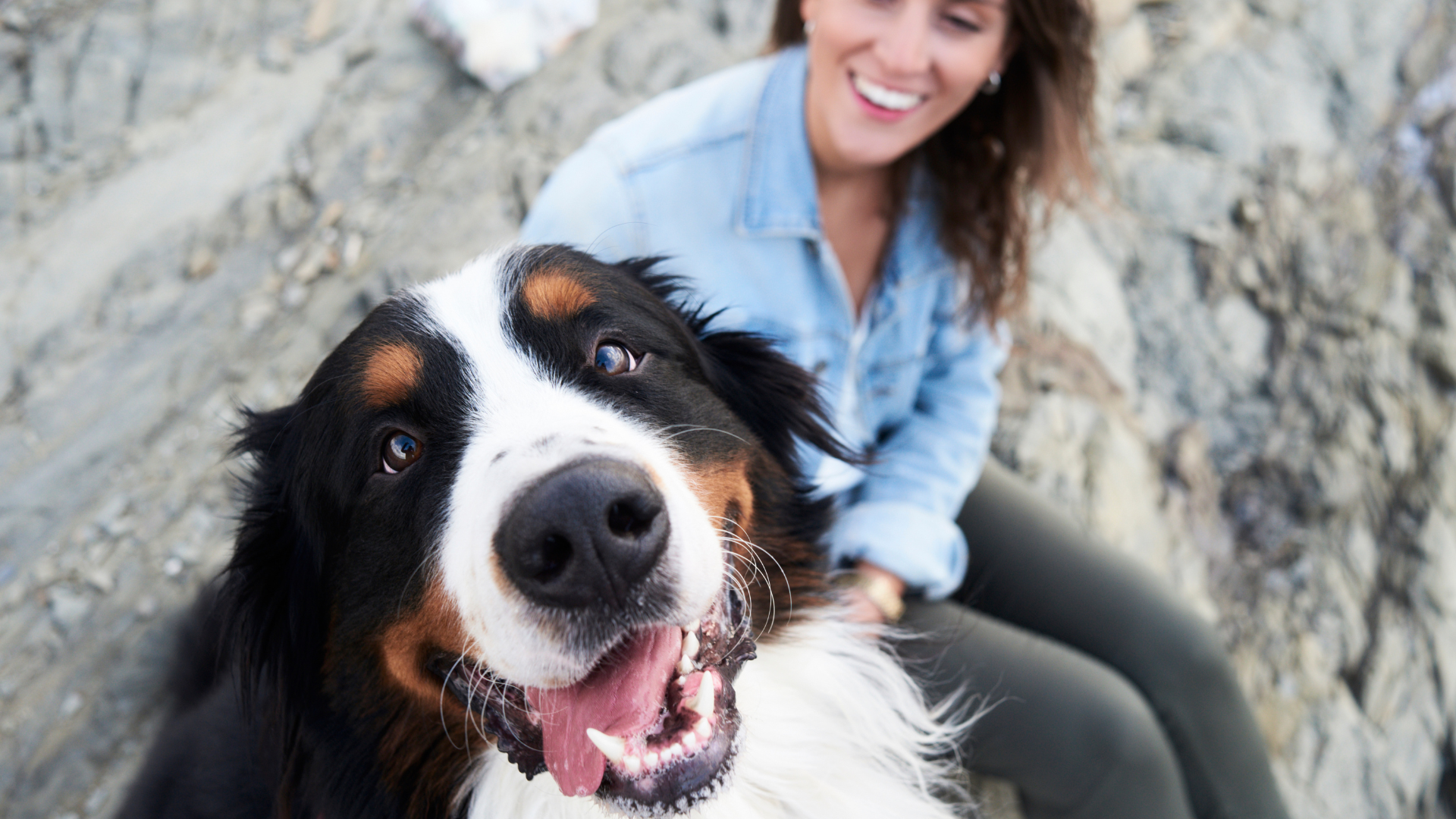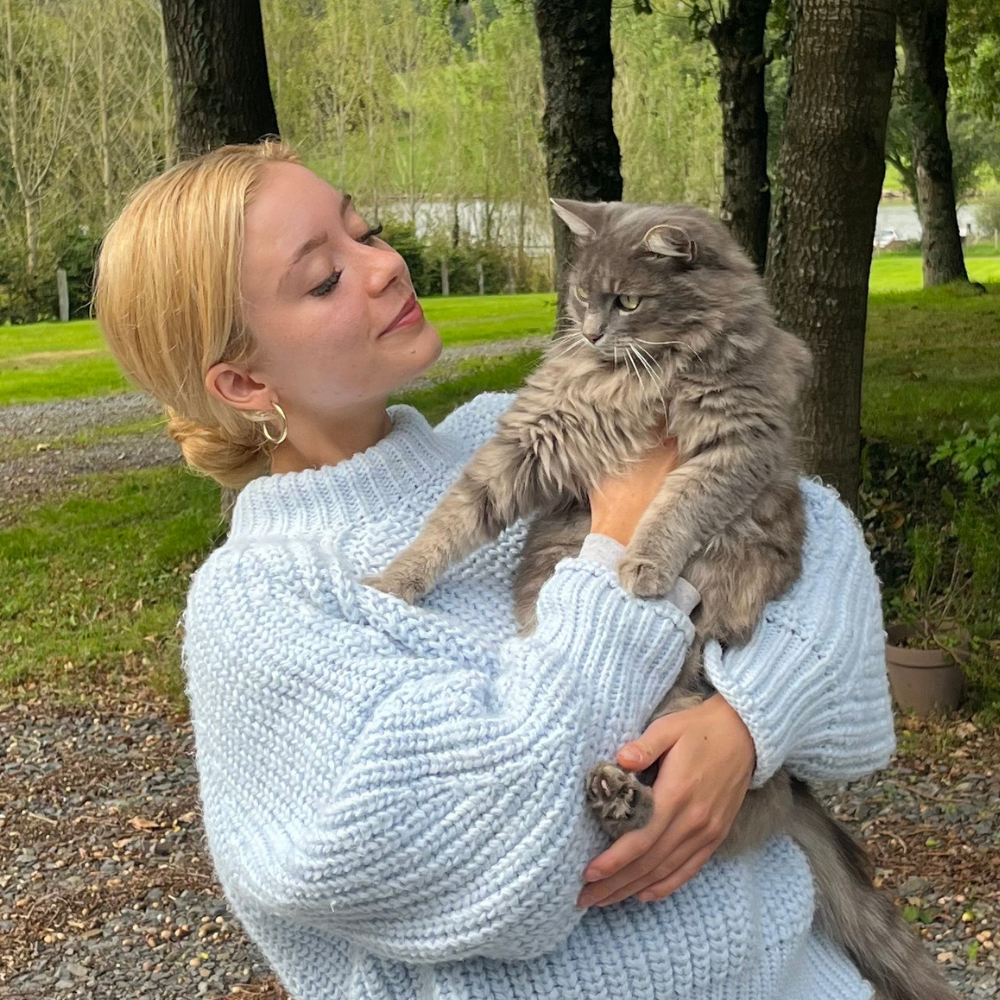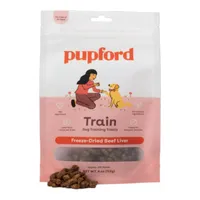Want to improve your dog’s behavior? This one simple tip will change everything
Follow this easy tip to boost your dog's behavior.

Are you struggling with your dog's behavior? You're not alone. Whether they chew on your furniture, pull on the leash, or are reactive around other pups, these are all common problems that lots of pet parents face. In fact, around 85% of all dogs have some kind of behavioral issue.
We know how hard dog training can be, so we're always searching for the latest and greatest techniques for you to try — and we've just found a brilliant one that can help with a wide range of issues. As always, it uses positive reinforcement for dogs, a method that rewards good behavior as opposed to punishing them for the 'bad'.
The advice comes from the experts at JW Dog Training and Consulting, and all you'll need is a reward for them. So, grab the best dog treats or their favorite toy, and let's get started:
A post shared by JW Dog Training & Behavior Consulting (@jwdogtraining)
A photo posted by on
Whenever your dog exhibits good behavior, make sure you reward them for this. As JW Dog Training explains: "Behavior goes where reinforcement flows. This is a key message in your dog training!" You could do this with treats, praise, petting, or by giving them one of the best dog toys.
You might think that rewards should be saved for special tricks, but this isn't the case. In the video, trainer Kathy Sdao rewards the dog for just lying in his bed calmly. She explains that you should reward them if they do any behavior you like and want to see more of.
She says: "This is a really important concept in puppyhood and adulthood. If you see something, reward it, because that's how you're going to build better habits as he gets older."
To encourage good behavior, Kathy recommends doing SMART training 50 times per day. If you're wondering what that is exactly, here's a breakdown:
Get the best advice, tips and top tech for your beloved Pets
S - See
M - Mark
A - And
R - Reinforce
T - Training
She says: "If you reinforce enough of the good stuff then there's not even going to be room for the 'bad' stuff or the stuff we don't like. If you catch him doing something that you like, reward it and that will really go quite far in addition to the cues that you are practicing."
Like with all training, it's best to start this as young as possible, but you can still try it out with your adult dog, too.
Want to learn how to stop a dog from jumping up? This expert's guide is here to help. Or, to hear our top tips for training recall in dogs, check out this feature.
Pupford Freeze Dried Training Treats for Dogs & Puppies
These bite-sized treats are perfect for training, and are suitable for dogs and puppies to eat. They're high in protein (with beef liver as the first ingredient), and are free from any nasty fillers. After extensive testing, I voted them as the number 1 dog treat in our buying guide.

Megan is a Staff Writer at PetsRadar, covering features, reviews, deals, and buying guides. She has a wealth of experience caring for animals, having grown up with dogs, cats, horses, guinea pigs, and more throughout her life. She studied BA Journalism at the University of Westminster, where she specialized in lifestyle journalism and was editor of Smoke Radio’s lifestyle website. Megan works alongside qualified vets and accredited trainers to ensure you get the best advice possible. She is passionate about finding accurate and helpful answers to your pet-related questions.

